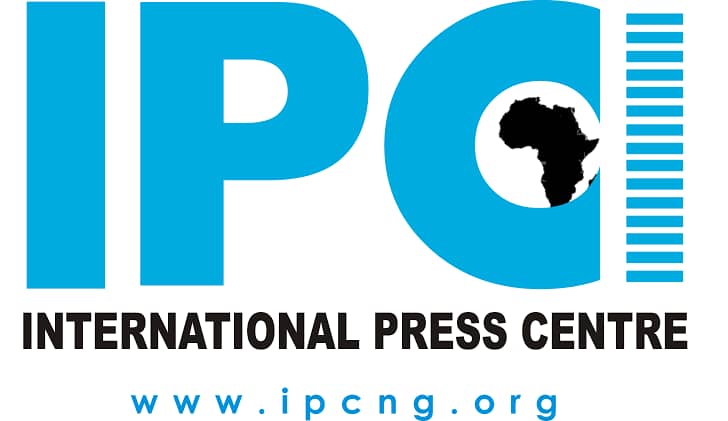Rising from a two-day stakeholders’ review meeting on Media and the 2015 Elections, media stakeholders across the country, have urged the Independent National Electoral Commission (INEC) to continually update the Voter Register and PVC production/distribution to avoid last minute rush.
Held at Protea Hotel, Ikeja, Lagos between June 9th and 10th 2015, the meeting had in attendance electoral stakeholders from the Independent Electoral Commission (INEC), Media Unions, media regulatory agencies; media support groups; academic institutions; media professionals; non-governmental organizations (NGOs); advocates of development communication; gender advocates; international development partners and other stakeholders.
The stakeholders, who observed that the use of ICT (card readers and PVCs) significantly contributed to the integrity of the 2015 elections, however, advised that INEC should digitize the collation of results and improve on its logistics management and contingency ahead of future elections.
On Voter Education, the stakeholders implored INEC to begin Voter Education early and that deliberate efforts should be made to target Nigerians in the rural areas, adding that political parties/candidates, security agencies, Civil Society Organisations (CSOs) and other institutions should be collectively involved in Voter Education.
They advised media practitioners to develop capacities to understand existing processes and procedures relating to elections to enable them improve reportage of the electoral process and also engage in investigative reportage of parties/candidates/issues to support informed decision making by the electorate.
Highlights of some of the recommendation as contained in the communiqué released after the two-day meeting include:
· Government should sustain the gains of the 2015 elections by ensuring the appointment of core electoral staff and the next leadership is based on proven competence and integrity.
· Key INEC technical staff should be retained to provide institutional memory.
· Electoral reform efforts should include the strengthening of INEC’s operational control over security during elections, including the use of surveillance cameras in collation centres.
· INEC should decentralize and improve all its information and communication structures for better outreach.
· Better funding of voter education efforts should be secured by all stakeholders.
· Voter education should begin early; deliberate efforts should be made to target Nigerians in the rural areas
· Publicly funded broadcasters should be established in a manner which effectively guarantees their independence from political or other partisan influences, especially in editorial matters.
· All state-owned broadcasting stations should be removed from the direct control of the Minister of Information (at the Federal level) or the Commissioners for Information (at the State level).
· Existing laws establishing state-owned media should be abrogated and replaced with new laws which reflect the principles of broadcasting independence.
· The Media should engage in investigative reportage of parties/candidates/issues to support informed decision making by the electorate.
· The Media should provide equal access to all political parties/candidates as well as underrepresented groups including women, youth and people with disabilities.
· Media practitioners should advocate for a Code of Conduct for Media Owners which would include mechanisms to ensure that media owners do not interfere in editorial matters.
· The media should collectively address the challenge of ownership in the editorial content of privately owned media outlets, especially in the light of the current environment where a large number of media organizations are owned by politicians or business persons with clear political interests and affiliations.
· Regulatory authorities should properly define and monitor the structure, ownership and purpose of community radios.
· Legal redress should be encouraged for any infractions by offline, online and social media.
· Civil society should join efforts to counter hate speech online and on social media.







